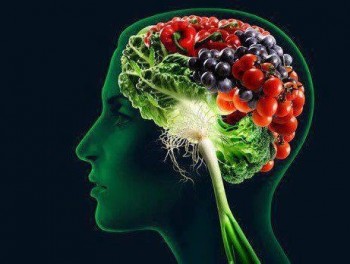With people living longer lives, it makes sense to focus on making the Golden Years as healthy as possible. Many people concentrate on physical issues, such as osteoporosis, heart disease, or arthritis, but preserving cognitive abilities is another essential part of good health.
When someone has difficulty with thinking, remembering, and the ability to understand or learn new things, this has an impact on all facets of his or her life. You can do certain things as you get older to help to keep your brain active and engaged throughout life.
The brain needs to stay exposed to environments that are enriched and enriching so it can stay healthy. Here are some tips to help keep your mind engaged throughout life.
Remain socially active
Recognize the importance of making and maintaining connections with others. For many people in the workforce, their job is a major source of social relationships. Once a person retires, he or she loses that everyday interaction with coworkers.
For an increasing number of people of retirement age, the solution is to work part-time or start a business in retirement, which can provide a source of income as well as much-needed social interaction.
Joining groups or clubs to meet people who share one’s interests is another good tactic. Staying involved with friends and family, whether by spending time with them in person, chatting by Skype, or sending e-mail, is another effective way to avoid isolation and keep the brain engaged.
Exercise regularly
People who are physically active will reap a variety of health benefits, including lower stress levels. Aerobic exercise that increases blood flow to the brain helps to keep it fed with the oxygen-rich blood it needs for good health.
Good choices for a low-impact workout include walking, cycling, gardening, and dancing. Yoga and tai chi are also good for your health.
Eat a balanced diet
A healthy diet is crucial for people who want to enjoy the benefits of good health at any age. The body needs good-quality foods for the fuel it needs to run properly.
Processed foods, which tend to be high in fat and salt, should not form the bulk of your diet if the goal is to promote good brain health. Instead, increase your consumption of antioxidants, either through supplements or by making a point of including more vegetables, berries, apples, and grapes in your diet.
Try to eat eight ounces of fish each week. Oily fish that contains essential fatty acids (EFAs), such as salmon, herring, sardines, trout, and mackerel are not only good for brain function, but they improve your general well-being.
By following these tips to maintain brain health as you get older, you’ll be able to stay engaged and interested in a number of topics throughout life, which will also make you more interesting to friends and family members, too.
Originally posted on January 7, 2014 @ 11:04 pm
